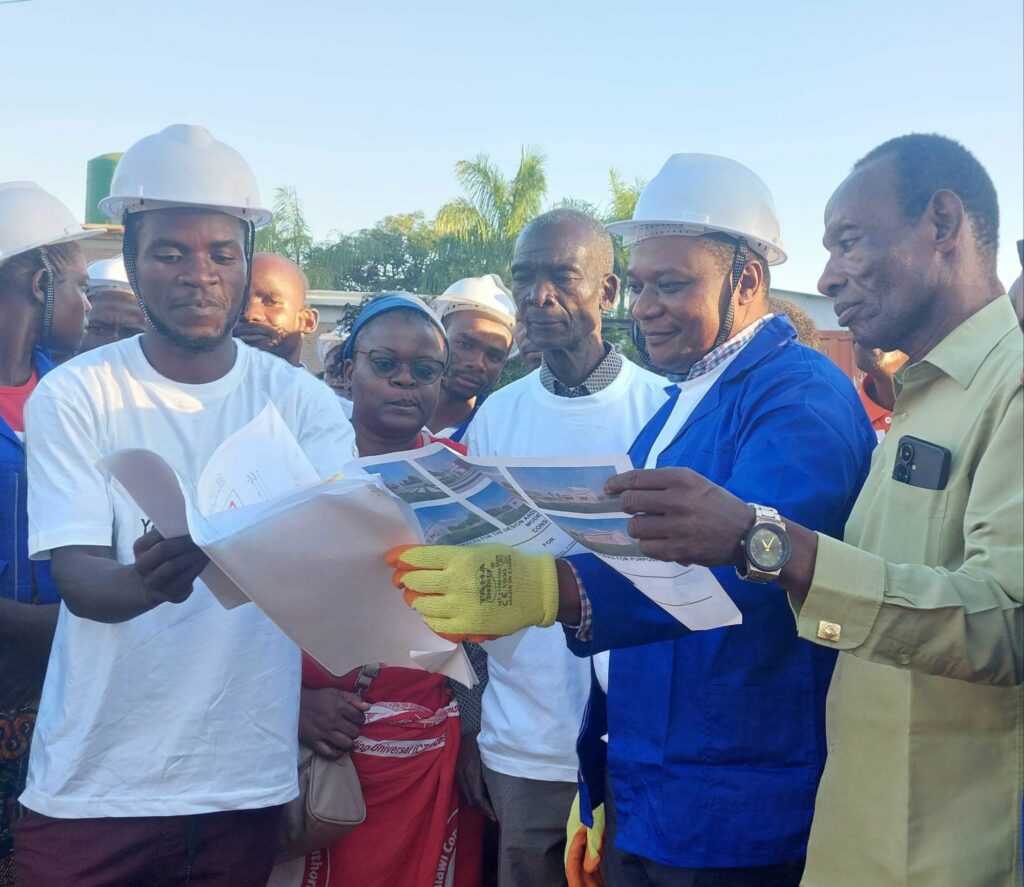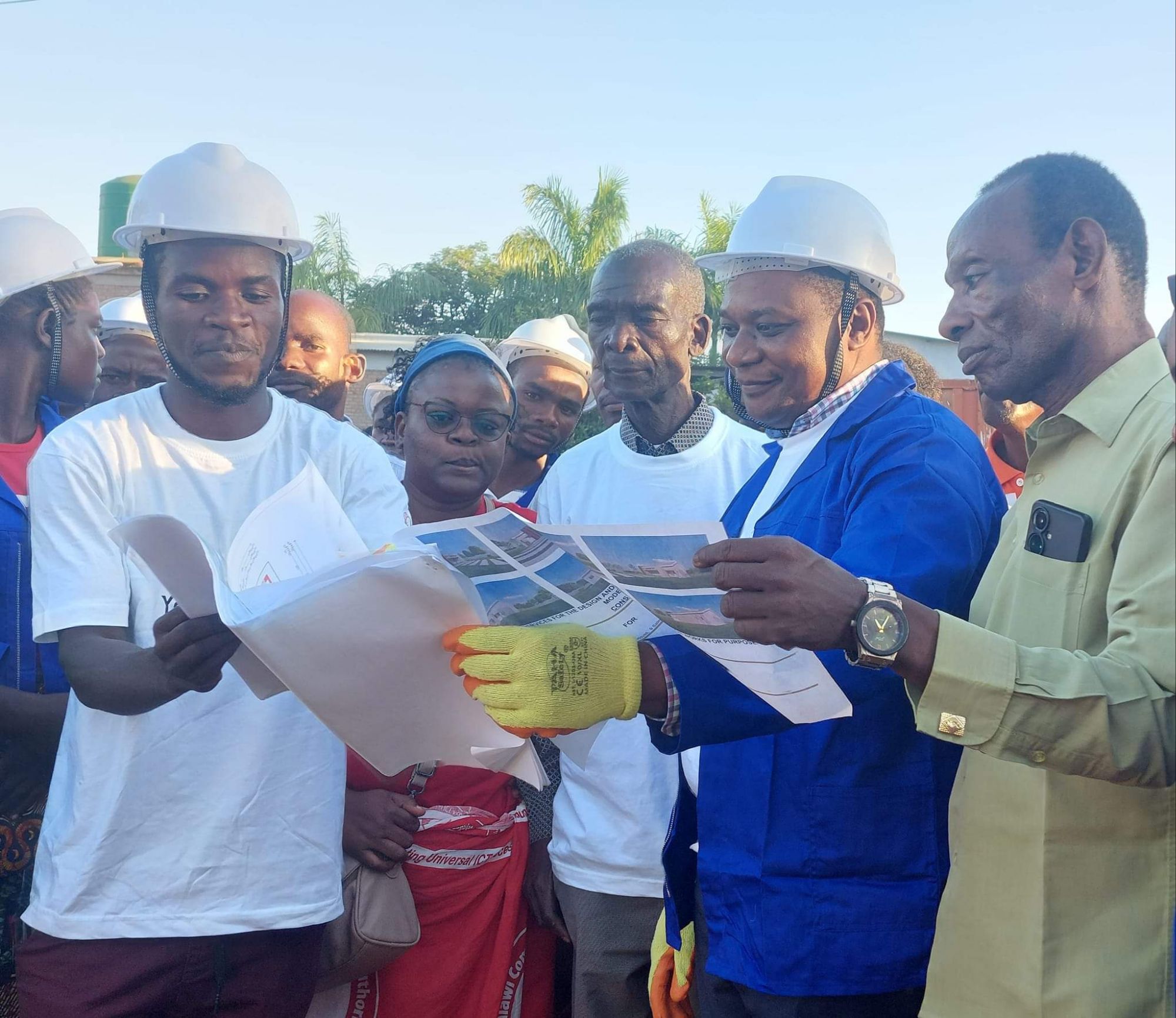By Mary Makhiringa
There was jubilation and excitement on Saturday at St. Peter’s Community Day Secondary School (CDSS) in Balaka when the Malawi Communications Regulatory Authority (MACRA) launched the construction of an Information Communication Technology (ICT) lab at the institution.
Teachers, parents and students alike from the school and surrounding areas of Sub Traditional Authority (STA) Matola in Balaka North Constituency gathered at the school to witness the historic occasion marking the start of new life in the area.
MACRA has embarked on the Connect-a-school project whereby 75 ICT laboratories will be constructed in schools across the country with each district receiving two during this first phase.

Speaking during the launch, Member of Parliament for Balaka North, Tony Ngalande hailed the initiative, saying it would increase the confidence of learners at the school and enrich them with computer skills.
“As a leader, my duty is to encourage possible investors as well as developers to come forward and help us as MACRA has done. This ICT lab will help in bridging the ICT gap that our learners especially those coming from the rural areas have.
“We are now seeing the Malawi 2063 taking shape as the world is going digital, having an ICT lab in this rural area is a positive step forward as you know if you cannot operate a computer you are considered to be way behind,” he said.
Ngalande assured the community that he would always be available during the implementing period of the project so that the structure meets the required standard considering that the facility was meant for the learners who would take over from him in developing the area.
MACRA Broadcasting Service Manager, Matilda Bande said the project was funded by Universal Service Fund whose aim was to have equal access to information services.
“Schools irrespective of where they are ought to access internet services and they have the much needed facilities, we are coming from the background of tele-centres which targeted the community in general and did not work.
“In these ICT labs, we are targeting the pupils so that we grow the generation that will know how to use the internet that is why we would like to reach out to them while they are young so that when we bring back the tele-centres in future we will now have a catchment,” she said.
Bande disclosed that each school will be given 20 computers for a start and within the project, each school will have 60 computers with free internet provision for three years.
Head Teacher of St. Peter’s CDSS, Sister Regina Komicho noted that the project apart from imparting computer skills to learners, would help in enhancing learning and teaching of different subjects as leaners would be free to search for information on the internet.
“Let me register my profound gratitude to the Ministry of Education for considering our school to be in the first phase of this project, this means a lot as we have now seen that our school is regarded,” she added.



